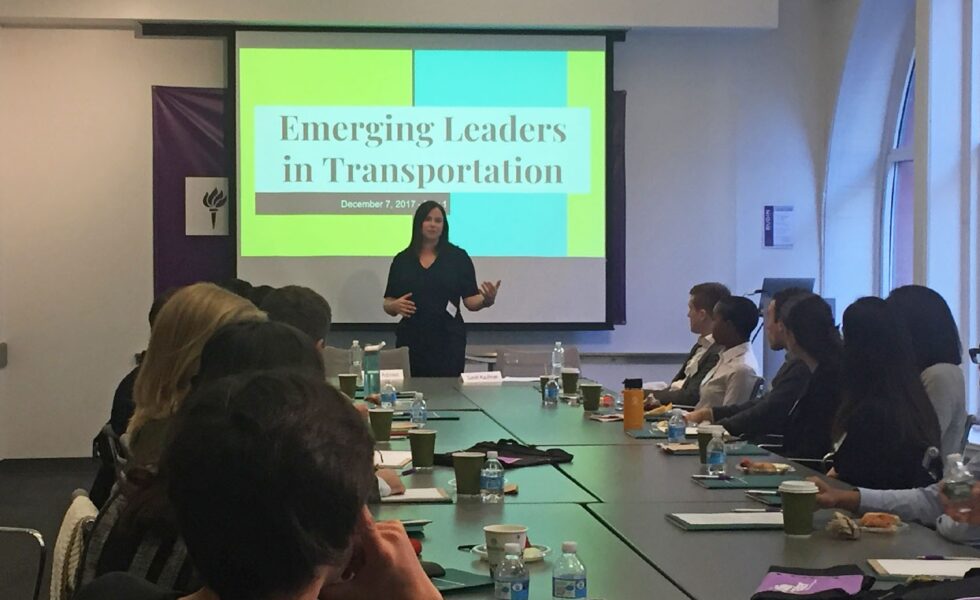NJDOT Bridge Resource Program
The primary mission of the Bridge Resource Program (BRP) is to provide ongoing engineering evaluation and research support to the New Jersey Department of Transportation’s (NJDOT) Division of Bridge Engineering and Infrastructure Management. Major Goals of BRP is to (1) Preserve the state’s Bridge and Structural Assets, (2) Optimize the overall condition of the state’s assets within available funding limits and (3) Assist in developing the policy and standard based on new technologies to ensure structures safety and preserve NJDOT’s structures.










